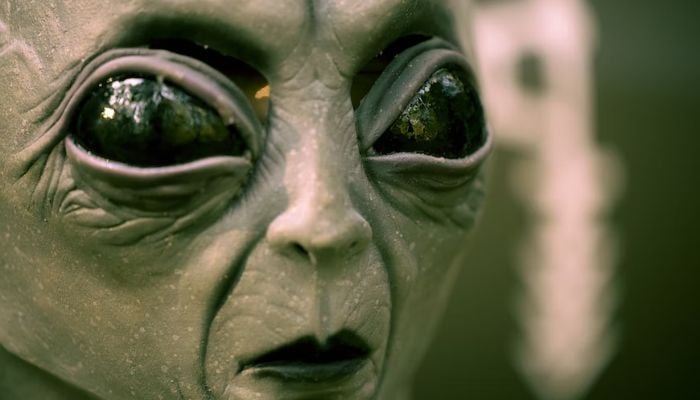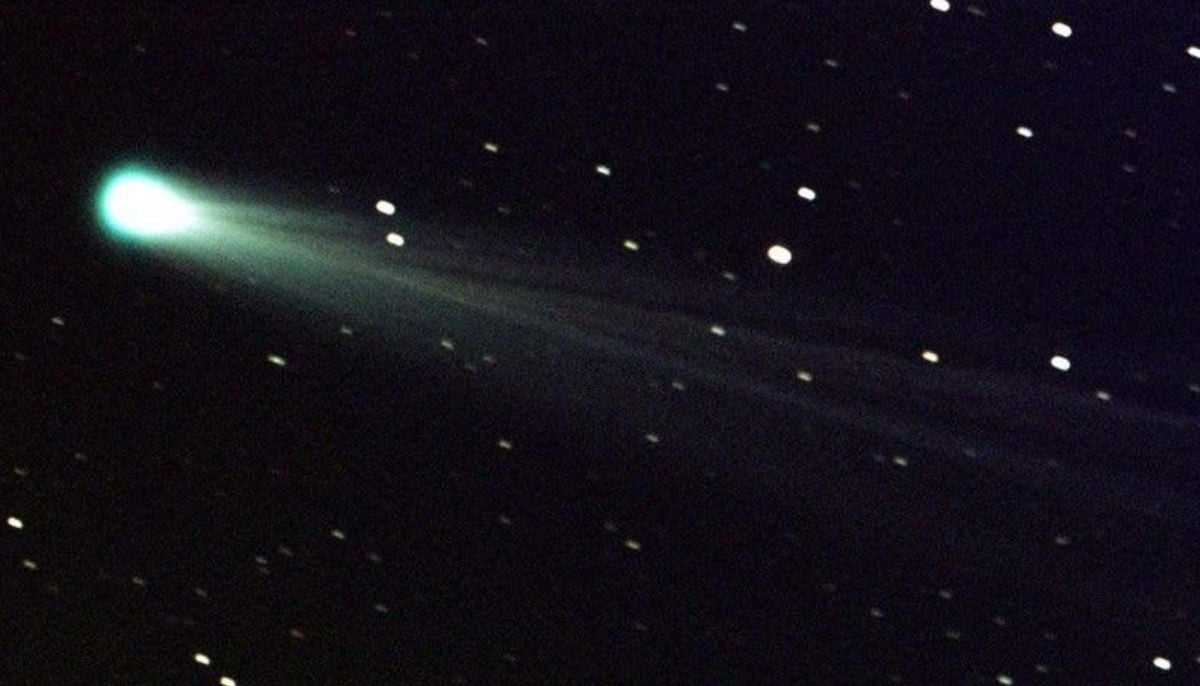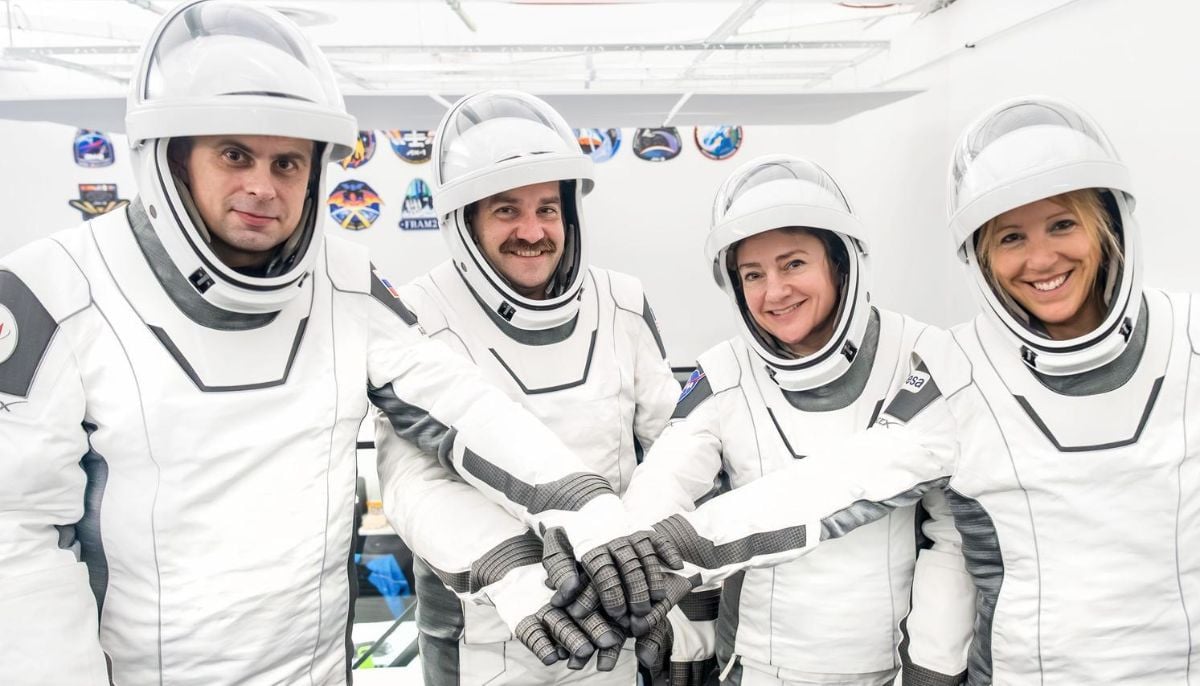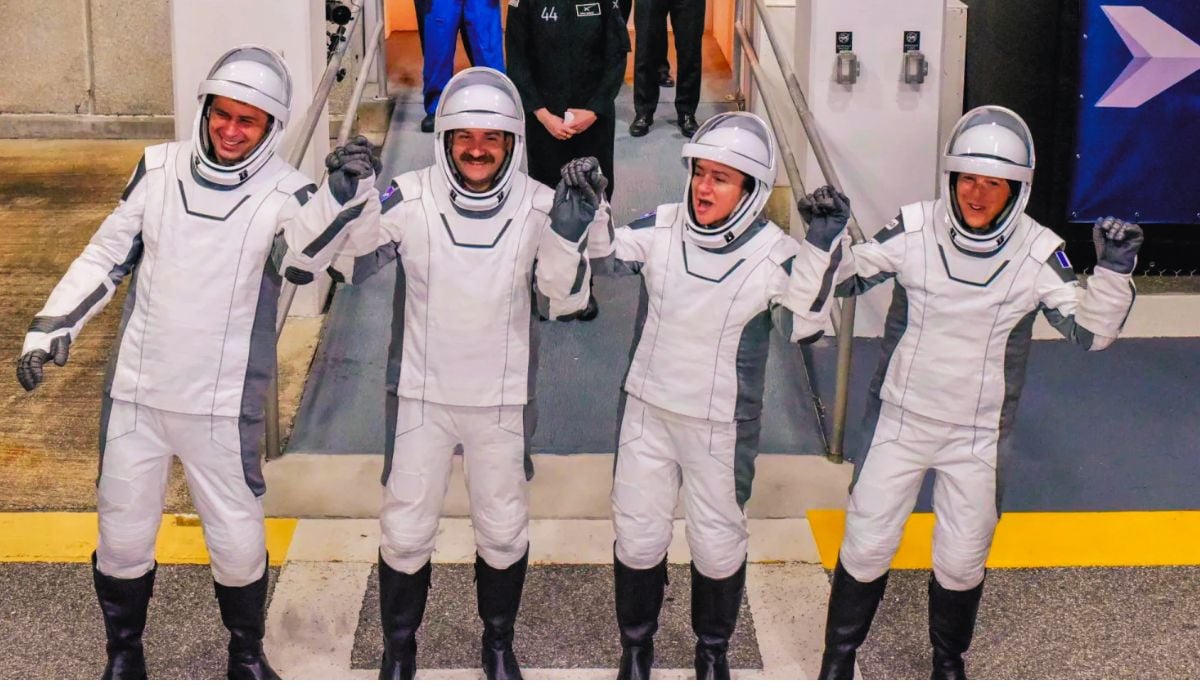How to talk to aliens? New research hub created to find out
Shockingly, humans have not updated their contact policy in 30 years
Many people believe that aliens visit planet earth frequently. The number of people who believe in Unidentified flying objects (UFOs) and report UFO sightings has only increased in the past few decades.
Regardless of what you believe, one important question: What happens if and when humanity comes in contact with extra-terrestrial beings?
To answer this question, a new international research hub has been developed at the University of St Andrews. Researchers from all over the world will work together to figure out how humanity should respond to any such event.
SETI (Search for Extraterrestrial Intelligence) Post-Detection Hub is hosted by the institution's Centre for Exoplanet Science and the Centre for Global Law and Governance. It will serve as a coordination ground for combined efforts to plan out protocols, procedures as well as treaties. They have one goal: "Designing a responsible response to alien contact."
Dr John Elliott, Honorary Research Fellow in the School of Computer Science of the University of St Andrews, said in a university release that science fiction was full of ideas where humans encounter intelligence from outer space.
“Science fiction is awash with explorations of the impact on human society following the discovery of, and even encounters with, life or intelligence elsewhere,” he said.
However, he remarked, humanity needs to "go beyond thinking about the impact on humanity."
He said that people needed to come together to examine evidence of extraterrestrial life and consider "the human social response".
"We need to ... consider the human social response, as our understanding progresses and what we know and what we don’t know is communicated. And the time to do this is now.”
Shockingly, humanity has not updated its contact policy in three decades. We still have the same rules that we had 30 years ago which is a "long-time policy gap". This is the gap that the SETI Post-Detection Hub will address. Since authorities have given very little attention to the topic, it is now high time to take action.
Only once, in 2010, there was a discussion on “the detection of extraterrestrial life and the consequences for science and society" by the Royal Society.
After the infamous meeting, the then-Director of the United Nations Office of Outer Space Affairs (UNOOSA) Mazlan Othman was rumoured to receive the title of "alien ambassador" which she said was untrue.
Years later, the SETI community has come together to revise the rules that date back to 1989.
-
‘Smiling electrons’ discovered in Earth’s magnetosphere in rare space breakthrough
-
Archaeologists unearthed possible fragments of Hannibal’s war elephant in Spain
-
NASA's Hubble Space Telescope discovers ‘Dracula Disk', 40 times bigger than solar system
-
Annular solar eclipse 2026: Where and how to watch ‘ring of fire’
-
Scientists discover rare form of 'magnets' that might surprise you
-
Humans may have 33 senses, not 5: New study challenges long-held science
-
Northern Lights: Calm conditions persist amid low space weather activity
-
SpaceX pivots from Mars plans to prioritize 2027 Moon landing












